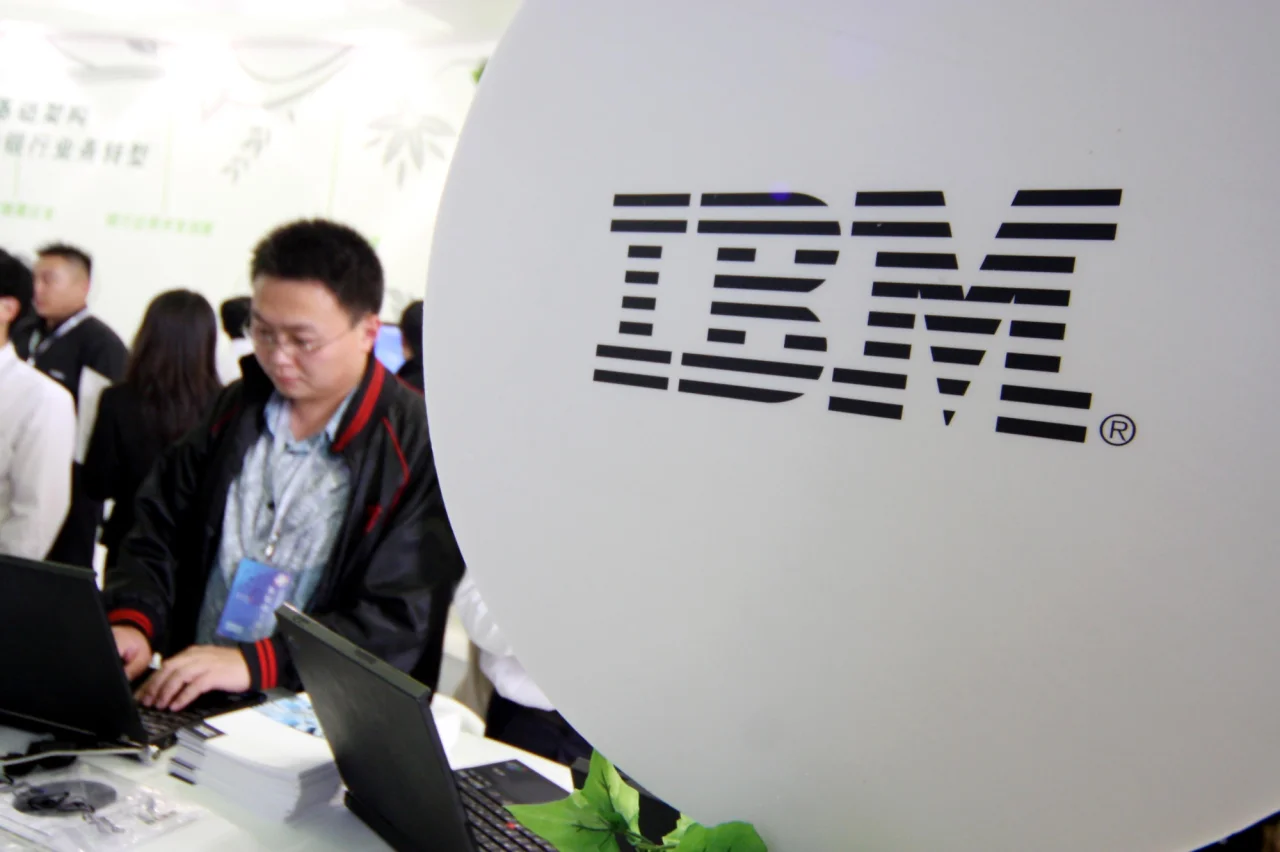IBM exchanges human resources for artificial intelligence agents

IBM, a major player in the technology world, has begun implementing a plan in the coming years to partially replace human resources with artificial intelligence (AI) agents. The head of the company, Arvind Krishna, announced this in an interview with The Wall Street Journal. He emphasized that this decision signifies not only a reform within the company but also a new stage in the entire technology market, Bloomberg writes.
According to Krishna, AI agents will now perform the duties of several hundred employees in the IBM human resources department. These tools automate tasks such as recruitment processes, certificate checking, staff transfers between departments, and administrative reporting.
"Over the past three years, we have done tremendous work on the implementation of artificial intelligence. This is not only a way to save time, but also an opportunity to increase efficiency. Some tasks are performed by AI, but this does not mean unemployment - on the contrary, opportunities are opening up for new personnel in other departments," said the head of IBM.
According to the data, about 26 thousand employees work in the IBM back-office departments, and about 30% of them can be replaced by artificial intelligence. This means it could affect about eight thousand jobs. At the same time, the company has hired more than seven thousand new specialists in technical areas, including engineering and AI development.
According to analysts, this step is a strategic direction for IBM - the company strives to maintain competitiveness by deeply integrating artificial intelligence into work processes. However, experts emphasize that this process can also create a risk of completely excluding the human factor.
In recent months, such a trend has been observed not only in IBM, but also in other tech giants. For example, Amazon announced its intention to replace nearly half a million employees with neural networks in October. This has accelerated the trend of "reducing jobs through AI" worldwide.
However, it is noted that the implementation of AI does not always lead to successful results. According to a report by Harness, 45% of organizations that implemented artificial intelligence in their work processes encountered code errors, while 72% experienced unexpected problems due to the code developed by the neural network.
The MIT study also came to the same conclusion: only 5% of companies that implemented artificial intelligence recorded increased revenues, while the rest didn't notice a significant difference. This means that the technology is still not entirely reliable.
Nevertheless, IBM management believes that AI is an integral part of the future. "We see artificial intelligence as a tool that complements human experience and expands its capabilities. It makes not the person, but their work more effective," said Arvind Krishna.
Experts note that in the coming years, AI may partially replace human labor not only in technical fields but also in areas such as management, marketing, and even education. At the same time, this process leads to the emergence of new professions, new opportunities, and new requirements.
Thus, while some view IBM's decision as a threat of unemployment, others consider it the next step on the path to technological development and efficiency. One thing is clear - artificial intelligence is now creating new rules in the workplace.
Read “Zamin” on Telegram!





















